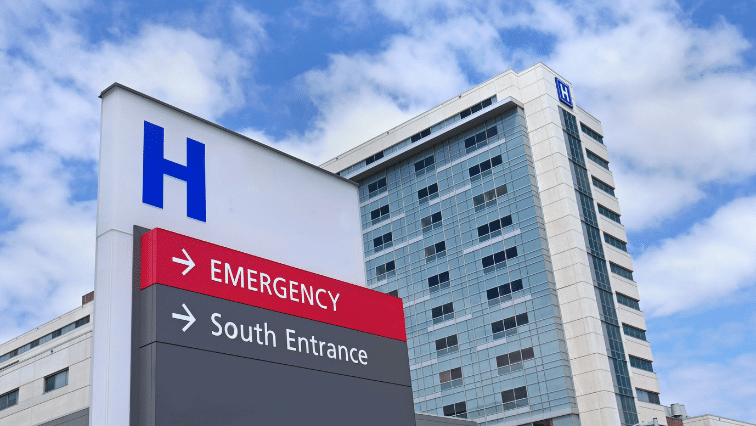Editorial
Health Affairs Forefront

The Internal Revenue Service (IRS) uses the Community Benefit Standard (CBS), a set of 10 holistically analyzed metrics, to assess whether nonprofit hospitals benefit community health sufficiently to justify their tax-exempt status. Nonprofit hospitals risk losing their tax exemption if assessed as underinvesting in improving community health. This exemption from federal, state, and local property taxes amounts to roughly $25 billion annually.
However, accumulating evidence shows that many nonprofit hospitals' investments in community health meet the letter, but not the spirit, of the CBS. Indeed, a 2021 study showed that for every $100 in total expenses nonprofit hospitals spend just $2.30 on charity care (a key component of community benefit)—substantially less than the $3.80 of every $100 spent by for-profit hospitals. A 2022 study looked at the cost of caring for Medicaid patients that goes unreimbursed and is therefore borne by the hospital (another key component of community benefit); the researchers found that nonprofit hospitals spend no more than for-profit hospitals ($2.50 of every $100 of total expense).
Given the well-documented role of social determinants in promoting health and health equity, focusing the components of the CBS more precisely on these social factors has the potential to measurably improve community health outcomes. Indeed, developing a more equitable, more socially focused federal standard could help to guide and, possibly, unify the patchwork of state-level spending policies on community health—and thereby better fulfill the spirit of the CBS.
Toward this end, we propose a set of revisions to the CBS—specifically, which standards to keep, which to modify or remove, and new ones to add. The substance of our proposal derives from our assessment of deficits in the CBS literature, our in-depth interviews with administrators in nonprofit hospitals whose community investments surpass the dollar value of their tax exemption (as measured by the Lown Institute), and the personal experience of one of us (MKH) in creating successful community benefit initiatives.

